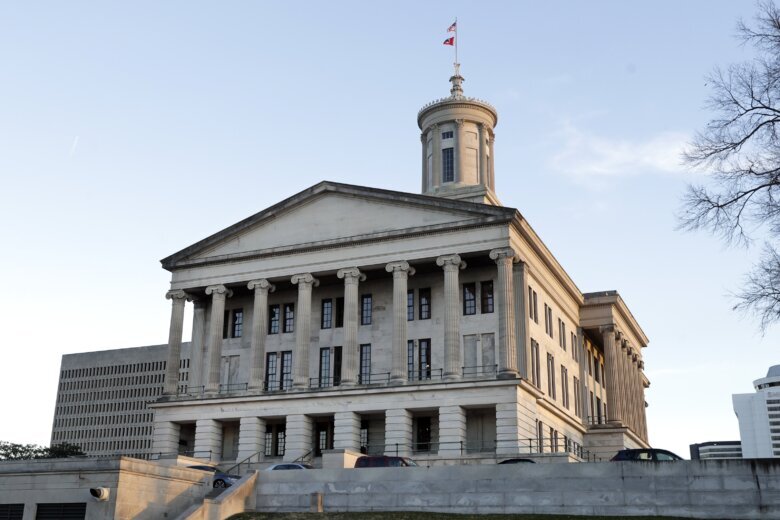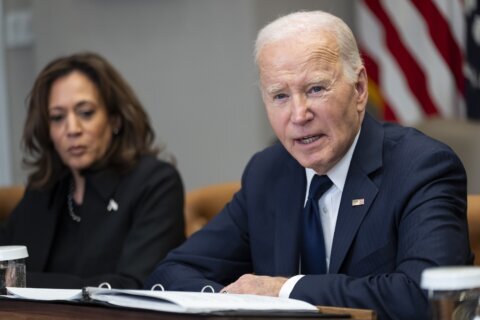
NASHVILLE, Tenn. (AP) — The Republican-led Tennessee Legislature has overwhelmingly voted to send GOP Gov. Bill Lee a proposal that would ban marriage between first cousins.
The House cast a 75-2 vote Thursday on the bill after the Senate previously approved it without any opposition.
But a particularly vocal opponent, Republican Rep. Gino Bulso, took up most of the debate time, as he argued for an amendment to allow first-cousin marriages if the couple first seeks counseling from a genetic counselor.
In a previous committee hearing on the bill, Bulso lightheartedly shared a story about how his grandparents were first cousins who came to the U.S. from Italy in the 1920s, then traveled from Ohio to Tennessee to get married. He and other lawmakers laughed, and Bulso voted for the bill in that committee.
Then during Thursday’s floor debate, the socially conservative attorney argued that the risk of married cousins having a child with birth defects does not exist for gay couples. He contended there is no compelling government interest to ban same-sex cousins from getting married, saying that would run afoul of the U.S. Supreme Court’s gay marriage decision.
He also couched his argument by saying that he thought the Supreme Court decision on gay marriage was “grievously wrong.” Bulso has supported legislation aimed at the LGBTQ community. That includes a bill he is sponsoring that would largely ban displaying pride flags in public school classrooms, which civil liberties advocates have contended runs afoul of the U.S. Constitution.
“The question is, is there a public health issue with a male marrying a male first cousin?” Bulso said. “And I think the answer is no.”
Ultimately, lawmakers voted down Bulso’s amendment and approved the ban proposed by Democratic Rep. Darren Jernigan.
“I hope it’s safe to say that in 2024, we can close this loophole,” Jernigan said.
Jernigan said a 1960 attorney general’s opinion determined that an 1820s Tennessee law restricting some marriages among relatives does not prevent first cousins from marrying. He responded to Bulso that there was no violation to the gay marriage ruling in his bill.
Republican Rep. Monty Fritts was the other lawmaker to vote against the bill.
Copyright © 2025 The Associated Press. All rights reserved. This material may not be published, broadcast, written or redistributed.








